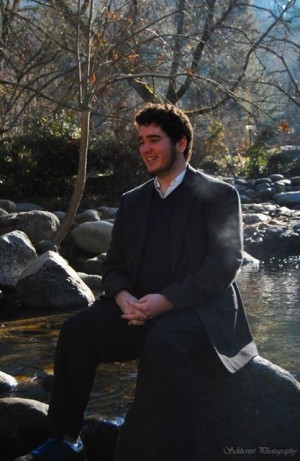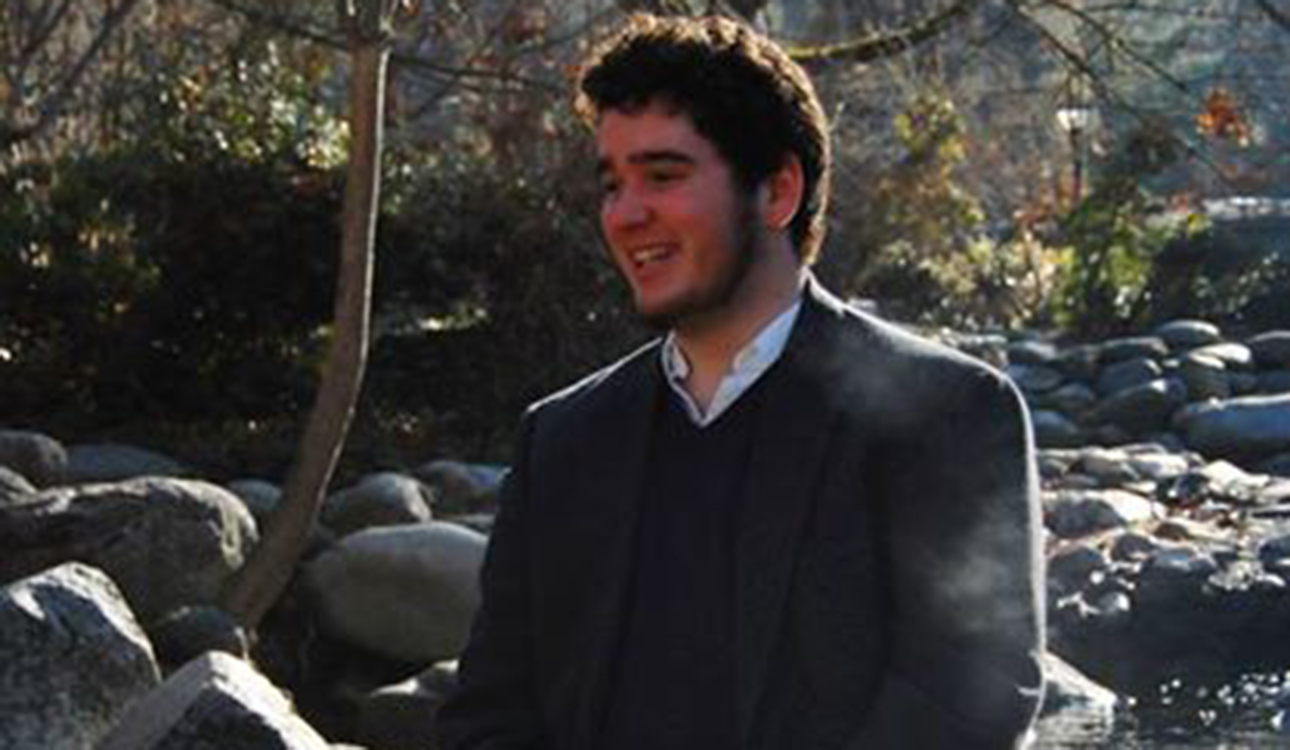
“Indeed, God will not change the condition of a people until they change what is in themselves.” I (choose to) believe we could all agree that in an ideal world, there would be no war in the Middle East. In the prayers of those close to me, peace is a common topic. But these prayers, from many in the United States, focus on the people whom we know; namely, Israel. As a Jew, I love the Jewish people and wish for peace in that nation. As a Christian, I realize I have a larger responsibility.
Yasmin Mogahed tells us, “If you want to focus more on God in your prayers, focus more on Him outside your prayers.” When Jesus gives us the second greatest commandment, He does not do so with the intention of letting us wander. Loving our neighbor is too often tossed aside as a task which takes too much of our limited resources.
This is especially true when it comes to learning about things outside of the realm of our own normality. A popular saying in my local mosque is that “the capacity to learn is a gift; the ability to learn is a skill; the willingness to learn is a choice.”
Likewise, that expenditure to love is a choice, and occasionally a difficult one at that. But this statement charges us to reach beyond our limited perspective.
“After asking God to guide you to the straight path, don’t just stand there … start walking!” This line, taken from an Albaz poem, speaks to many of us today. In our rush for simplicity, we often pray for peace without any sort of understanding as to how that might be accomplished. Rightful prayer requires a willingness to learn about the people we’re talking about in this American dialogue. Rather than sitting around and waiting for it to happen, we need to start walking towards deeper wisdom.
But, as Sahih Bukhari says, “Actions are by their intentions.” Walking towards deeper wisdom does not mean forming a preconceived notion of what Muslims think or believe. Many Americans, my younger self included, researched these faiths with the idea that they must all believe X if some of them believe X. But this inference is incorrect. You will always find information to reinforce your negative views on anything, because the freedom of speech we are granted is often used as a freedom to attack. Sitting down with a any person, though, means that we can all learn much more than our stereotypes.
Before I finish this last letter (at least for a little while), I wanted to thank you who have been reading for overlooking my many mistakes. As most people who have ever reread their own work can attest, I have found dozens of glaring errors and embarrassing grammatical failures. But I am, alas, only human. And just like these wise Muslims here quoted can tell us, forgiveness and love are necessities.
For as Muslim law goes, none of you truly believes in God or His faith until he loves for his brother what he loves for himself. Sound familiar, anyone?
Sincerely,
Your Brother
In the Family of God
– Micah Furlong
Phoenix, Ore., freshman
University Scholar






